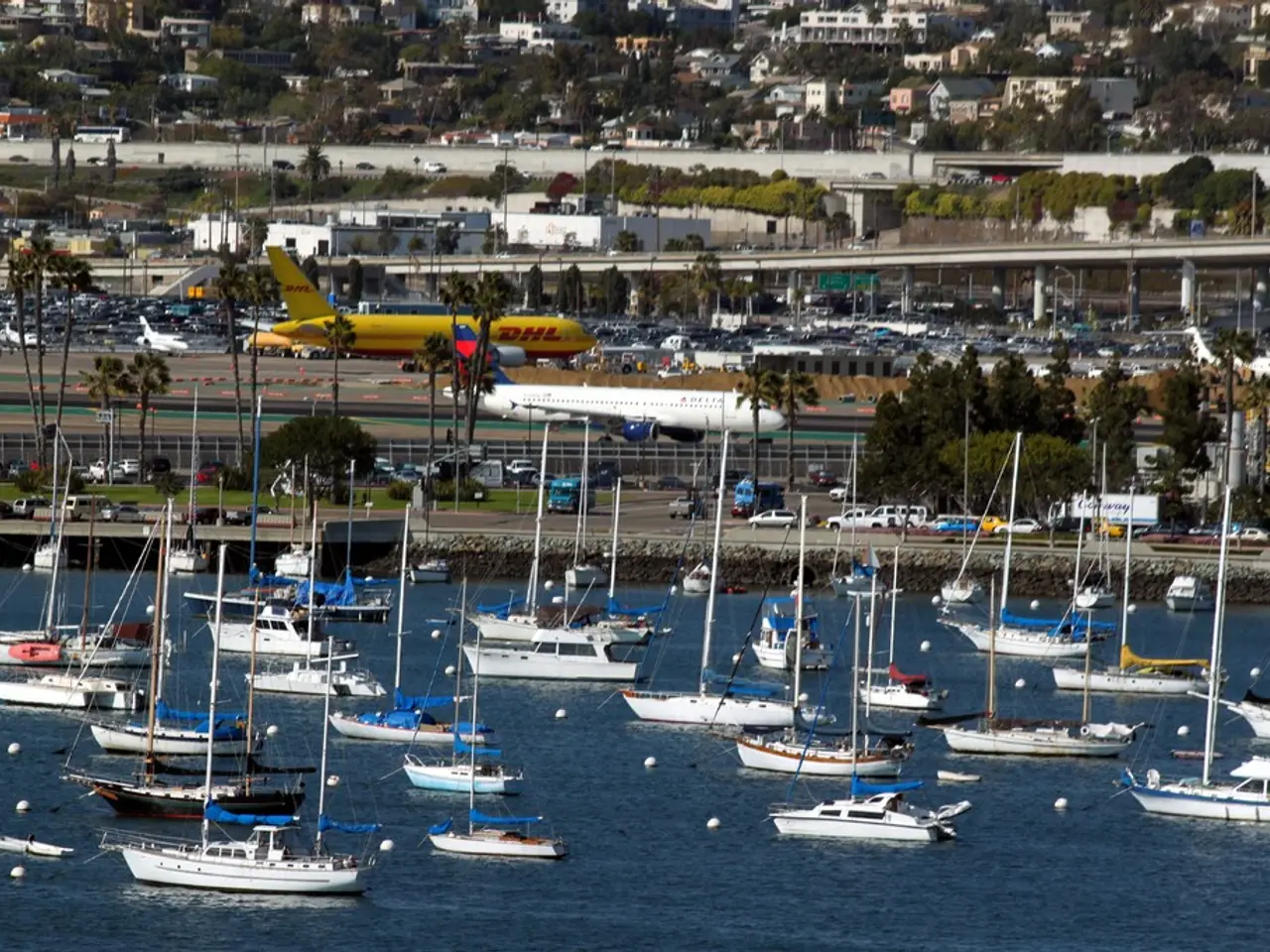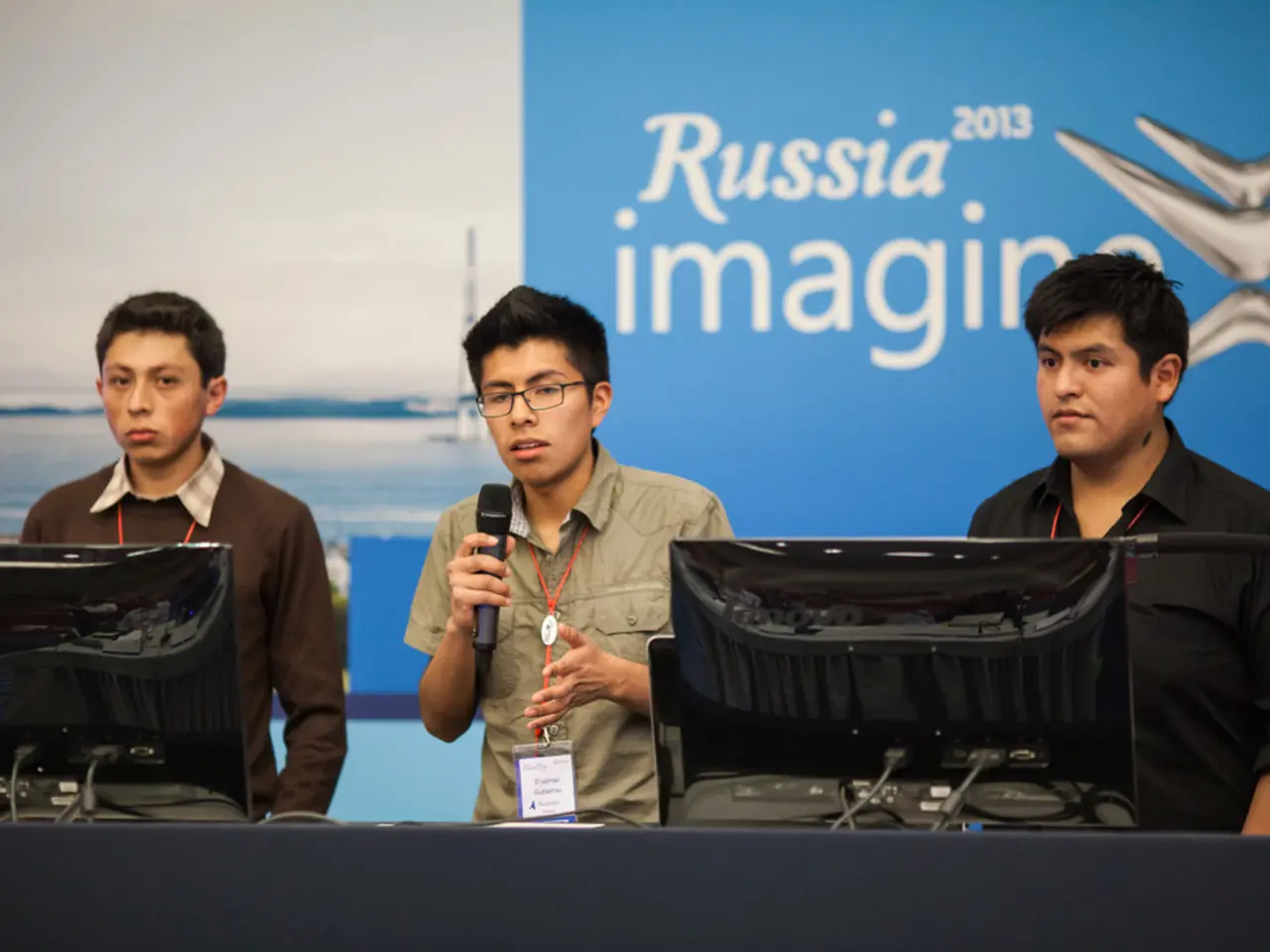Editorial from IHR 12
Special Edition of the International Hydrographic Review Focuses on Baltic Sea Cooperation
In a bid to promote regional cooperation and standardize hydrographic surveying and nautical charting, the Baltic Sea Hydrographic Commission (BSHC) has published a special edition of the International Hydrographic Review (IHR). This edition, which is the last as Editor for Ian W. Halls, provides valuable insights into the work, achievements, and future plans of the BSHC.
The BSHC, established in 2001, has been actively participating in various activities and projects, including the Baltic Sea Re-Survey Scheme, Harmonisation of Baltic Sea ENCs, Baltic Sea Depth Model, harmonisation of vertical references, INT Chart Scheme, MSDI activities, and more. This special IHR Baltic Sea Edition is no exception, offering a comprehensive overview of the commission's work and its contribution to the safety of navigation and marine spatial data management in the Baltic Sea region.
One of the key objectives of the BSHC is to coordinate hydrographic surveys and data sharing among Baltic Sea countries. By ensuring that nautical charts and data are harmonized and updated, the commission aims to improve the safety of navigation in the region. In addition, the BSHC implements and promotes hydrographic standards, such as the S-57 and S-100 frameworks, which are global standards for digital hydrographic data and nautical charting.
The BSHC also supports e-navigation and marine spatial data infrastructure development, helping to integrate hydrographic data into broader marine management and security systems. Furthermore, the commission facilitates regional cooperation and information exchange, optimizing resources and expertise, and addressing common hydrographic challenges in the Baltic Sea.
The content of this edition provides an excellent example for how other regional hydrographic commissions can learn from one another and cooperate. The BSHC requested the opportunity to publish a special edition, and the support of the individual authors was outstanding. Special thanks go to Mr. Juha Korhonen from Finland, who rallied the authors and kept them accountable to ensure the papers were submitted within the tighter timelines than usual.
The BSHC's activities and tasks require a lot of human and technical resources, leading to slower and longer progress. However, substantial progress is achieved, and the commission is on the right track. The demand for high-quality hydrographic data is increasing as exploration of world oceans develops further. International, regional, and local activities, policies, and initiatives will foster demand for standardised high-quality data and services covering larger areas than the Baltic Sea.
Ian W. Halls would like to thank the Editorial Board, IHB Directing Committee (past and present), and the publishing team at the IHB for their support. Jānis Krastinš, Chair of the BSHC, and the Editorial Board hope that this edition is of interest to the reader. The edition was published one month earlier than usual to be available for the 5th EIHC.
The BSHC's activities and achievements demonstrate that cooperation among states and respective hydrographic offices is feasible and realistic. By working together, the hydrographic and geospatial community can improve the quality and interoperability of hydrographic data, enhance maritime safety, and contribute to sustainable management of the marine environment within the Baltic Sea region. The BSHC's role as a regional coordinator strengthens both regional and global hydrographic capacity and standards.
- To foster regional cooperation and advancements in health and wellness, the BSHC could consider implementing exercise and fitness programs among its members to boost workplace wellness, enhancing overall productivity and mental health.
- In line with the BSHC's focus on data harmonization, educational institutions could collaborate to create a digital platform using technology, facilitating the sharing of resources on health and wellness, fitness, sports, and weather-related data for the Baltic Sea region.
- Given the BSHC's role in marine spatial data management, it may also be beneficial to explore the integration of climate data, such as weather patterns, into the commission's work, enabling more informed decision-making and promoting sustainability in the Baltic Sea.
- The BSHC's success in regional cooperation offers valuable lessons for other communities, such as the global fitness and health sector, which could learn from the commission's strategies, making advancements in sport, education, and self-development more efficient and effective.




